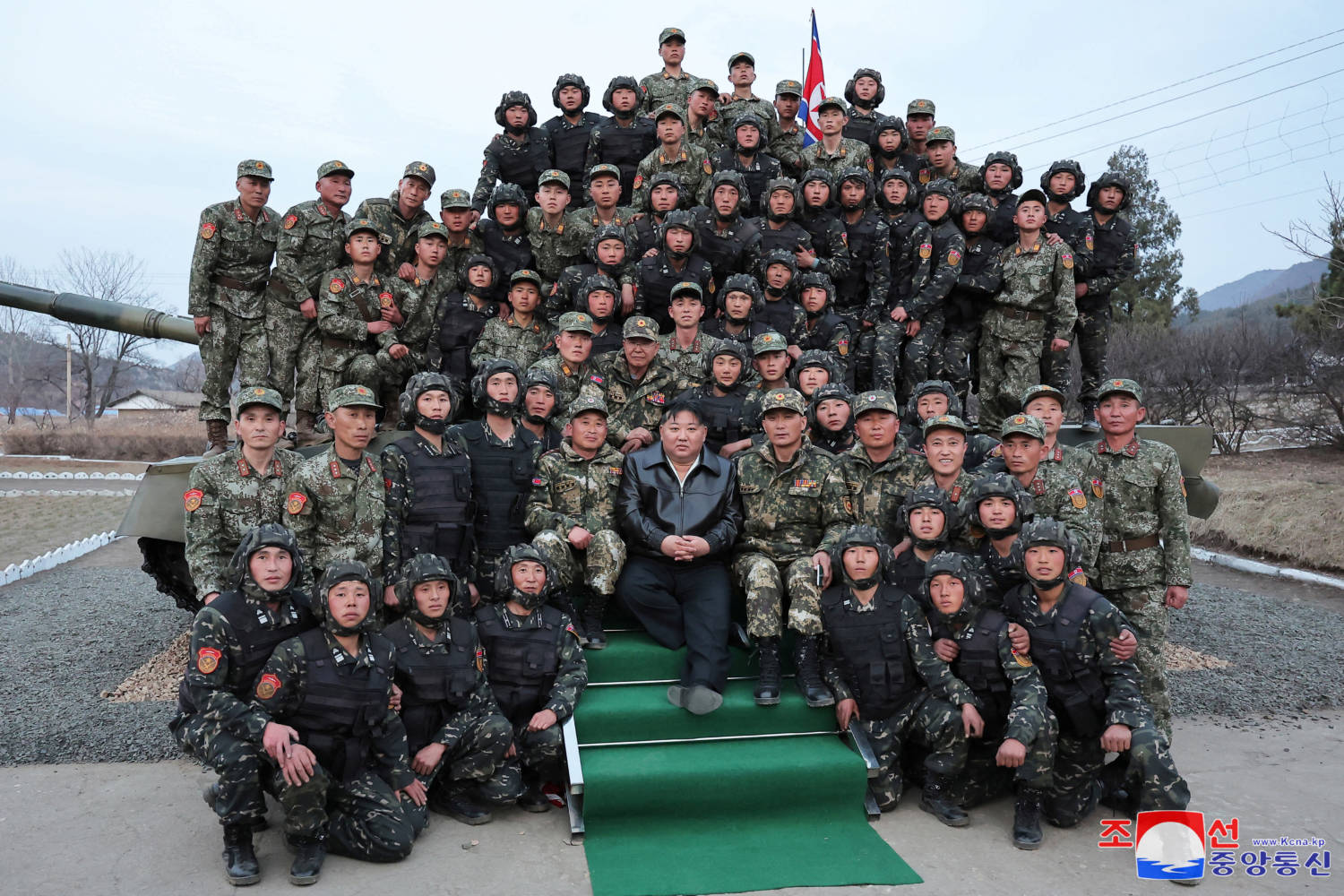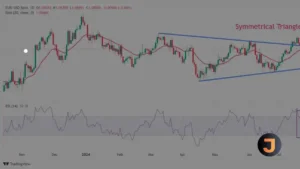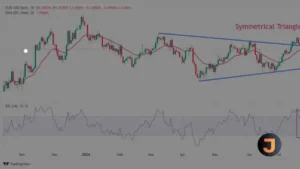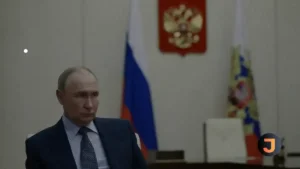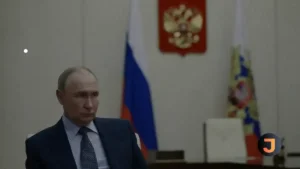Sanctions Enforcement Faces Uncertainty
In a move that has raised eyebrows across the international community, Russia has effectively disbanded the panel of experts responsible for monitoring United Nations sanctions against North Korea. This action, according to former panel members, signals a “grim future” for the enforcement of these sanctions. The panel, which has been in operation for 15 years, was tasked with overseeing the implementation of U.N. sanctions aimed at curtailing North Korea’s nuclear weapons and ballistic missile programs.
The decision came to a head when Russia exercised its veto power during the annual renewal vote on Thursday, while China, North Korea’s closest ally and biggest trading partner, abstained from the vote. Despite denials from Beijing and Moscow regarding any breach of sanctions, they have consistently opposed new sanctions at the UN Security Council and have pushed for the lifting of some existing ones against North Korea, attributing heightened tensions to Western actions.
With the mandate of the panel set to expire on April 30 and no subsequent votes anticipated, diplomats are left considering the implications of this significant turn of events. This veto not only benefits Pyongyang diplomatically but also underscores growing ties between North Korea and Russia, which have recently included alleged shipments of ballistic missiles and military supplies for use in Ukraine, as reported by U.S. and South Korean officials and independent analysts.
Amidst these developments, Aaron Arnold, a former panel member and current sanctions expert at Britain’s Royal United Services Institute (RUSI), expressed concern over Russia’s actions and its history of non-compliance with sanctions obligations. Arnold highlighted the support from China as an indicator of challenging times ahead for the sanctions regime against North Korea.
Further complicating matters, Russia’s U.N. Ambassador Vassily Nebenzia criticized the panel’s reports for being biased and aligning too closely with Western perspectives. Supporters of the panel conceded that its effectiveness had been hampered by Chinese and Russian interference, which often resulted in the suppression or distortion of unfavorable findings.
As the panel’s future hangs in the balance, experts like Leif-Eric Easley from Ewha University in Seoul suggest that this could lead to increased cooperation between the U.S., South Korea, and Japan. Hugh Griffiths, a former head of the panel, believes that despite the setback, global financial institutions will continue to seek out independent reports to combat North Korean sanction evasion efforts.
The deeper implications of Russia’s veto are not lost on sanctions consultants like Griffiths, who view it as a sign that Russia intends to deepen its cooperation with North Korea, particularly in areas such as ballistic missile procurement. Jenny Town from 38 North echoed this sentiment, noting that this development casts doubt on the possibility of new UN Security Council sanctions in the current geopolitical climate.
In response to these challenges, the United States and South Korea have initiated a task force aimed at curbing North Korea’s illicit oil acquisitions and have imposed unilateral sanctions on various entities suspected of funding Pyongyang’s weapons programs. South Korea’s Unification Ministry has expressed deep regret over the vote outcome, emphasizing that most sanction enforcement efforts have been led by the U.S. and its allies, often in opposition to China or Russia.
This recent turn of events underscores the evolving dynamics of international relations and the complexities involved in maintaining a robust sanctions enforcement regime against North Korea.
